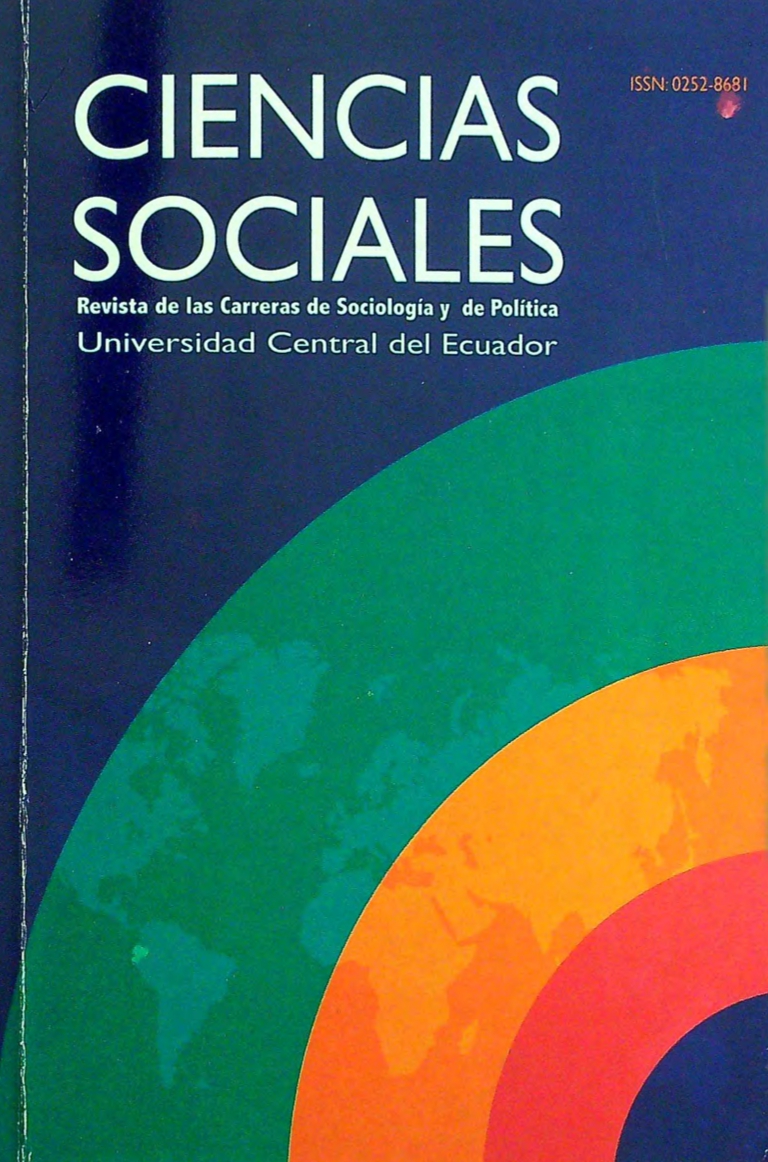LA FORMACIÓN DE AGENTES PEDAGÓGICOS VIRTUALES EN LA EDUCACIÓN MEDIA Y SUPERIOR
Keywords:
Pedagogical agents, virtual classroom, virtual class, communication and information technologies (TICs)Abstract
Distance learning has been accomplishing its objective of training students that cannot opt for more traditional forms of education. E-learning
attains the objective of distance learning, but it is unique in its use of information and communication technologies (TICs). The pedagogical model of learning entails the use of TICs as fundamental tools for students from the
very beginning. Thus it is imperative to analize internally the potentialities of its different components: communicative, instructional, and formative components. The virtual classroom is a space, not only in its tridimensional physical existence but rather as a "place" of gathering for the actors that will make use of it. An important aspect of the virtual classroom is precisely the
virtual class, an instance that intends to rescue sorne important aspects of the more traditional face-to-face education. However it is a significant difference that this instance is different in its privileging the access to knowledge through learning activities that also train students in the usage of communication technologies and associated educational tools. Pedagogical agents
currently being trained need to be active and committed, with attitudes marked by feelings of indepence and responsibility. Their mission is to train and be trained in new technological frameworks, which require capacity ad competence demanded by the particularities of each and every society as well as by its immediate environment, including its logistic limitations and potentialities, its cultural values and perspectives regarding the betterment of current conditions so as to attain full integration in a different sort of educacional system. A system characterized by suggestive and critical outlooks; an education that manages to positively impact the daily life conditions experienced in the community.
Downloads
Downloads
Published
How to Cite
Issue
Section
License

This work is licensed under a Creative Commons Attribution-NonCommercial 4.0 International License.
Política de acceso abierto
La revista Ciencias Sociales adhiere al modelo Acceso Abierto en el que los contenidos de las publicaciones científicas se encuentran disponibles a texto completo libre y gratuito en Internet, sin embargos temporales, y cuyos costos de producción editorial no son transferidos a los/las autores/as.
En ese sentido, no existe costo alguno para los/as autores/as en el envío o durante el proceso editorial, defendiendo el derecho a la información con equidad e iguales oportunidades de acceso.
Licencia y derechos de autor/a
Los autores conservan todos los derechos de publicación del artículo y conceden a la Revista Ciencias Sociales una licencia no exclusiva, intrasferible y sin regalías por duración ilimitada para su reproducción, distribución y comunicación pública a nivel mundial bajo una Licencia Creative Commons Atribución 4.0 Internacional (CC BY NC 4.0)


